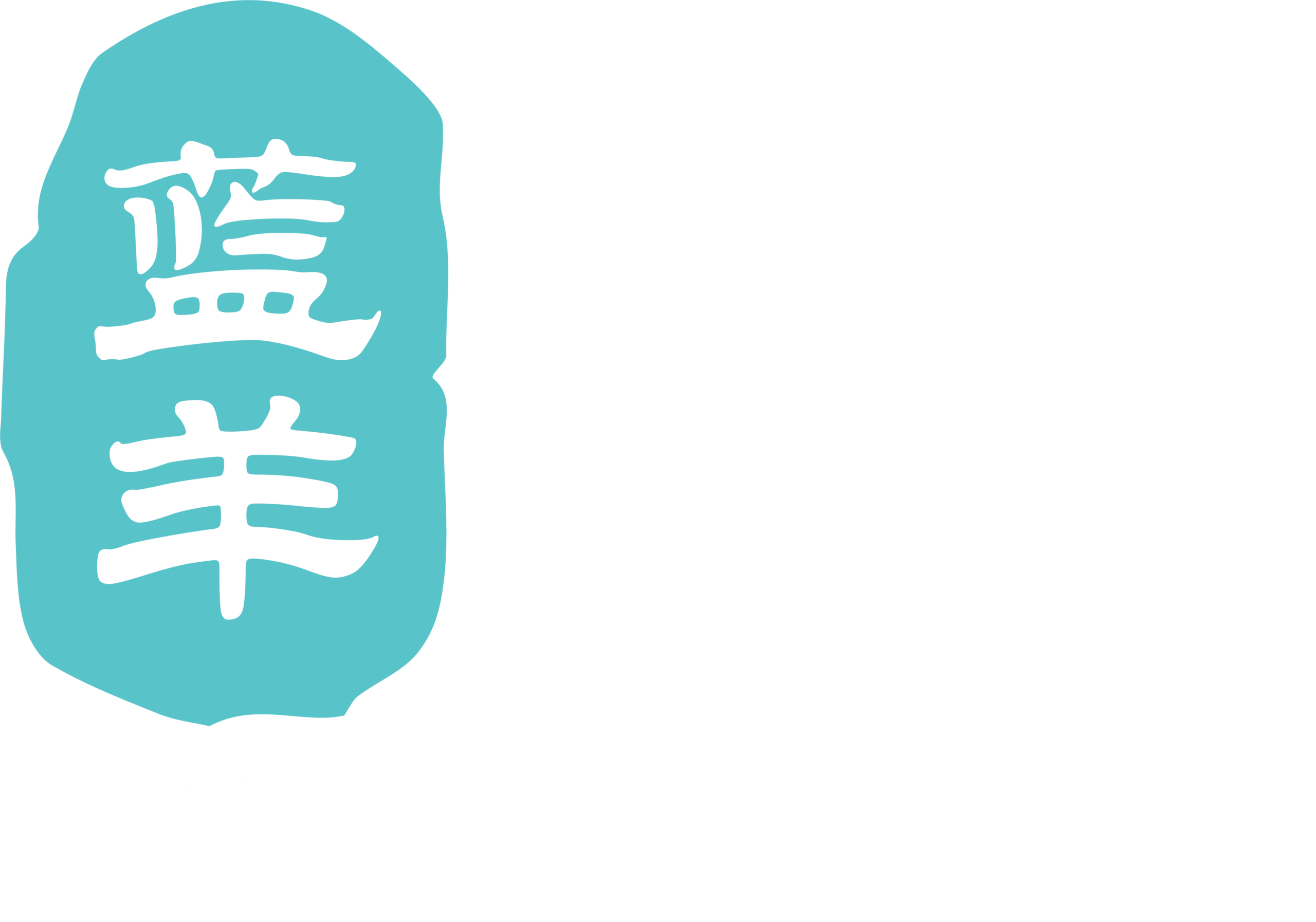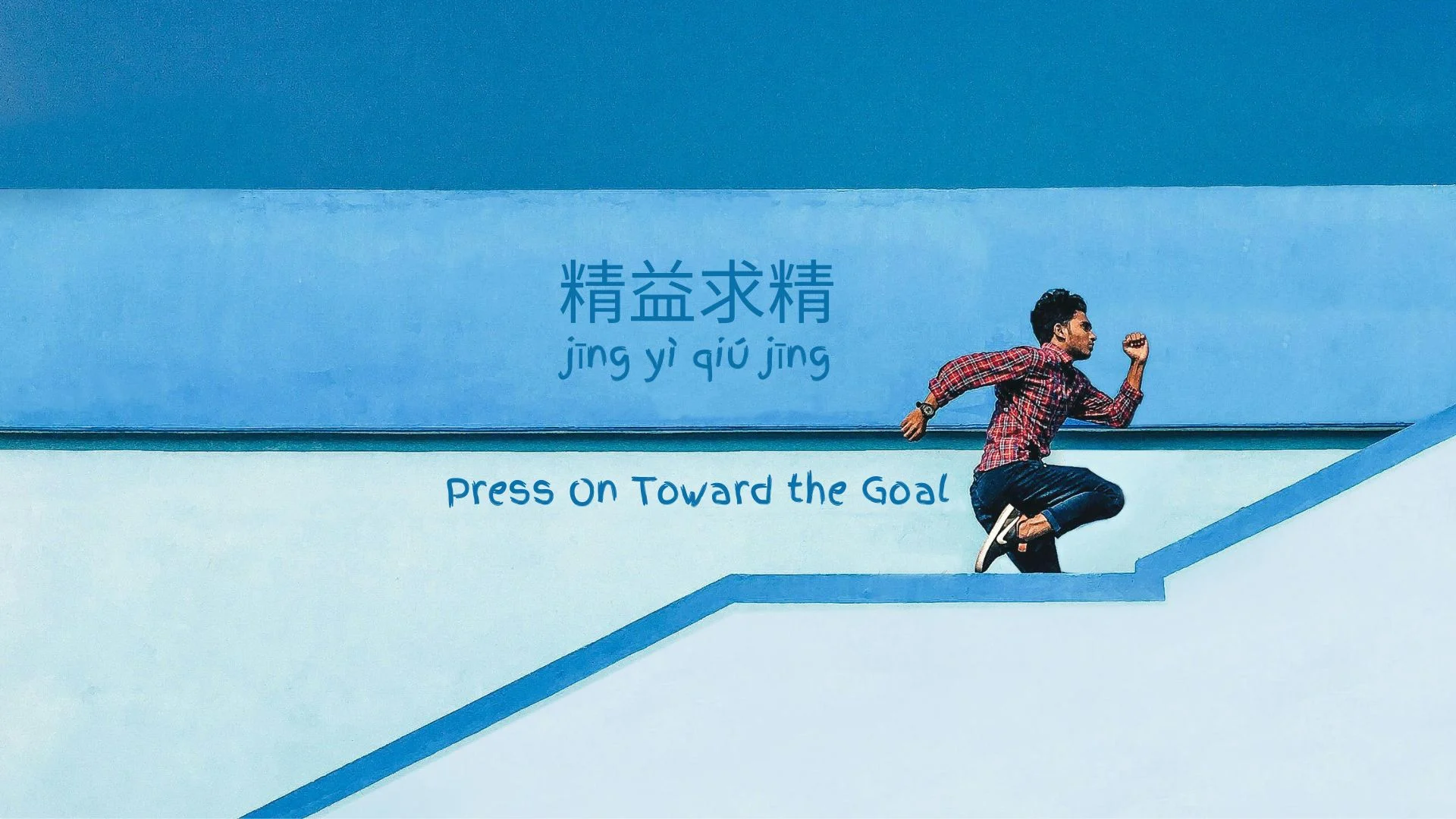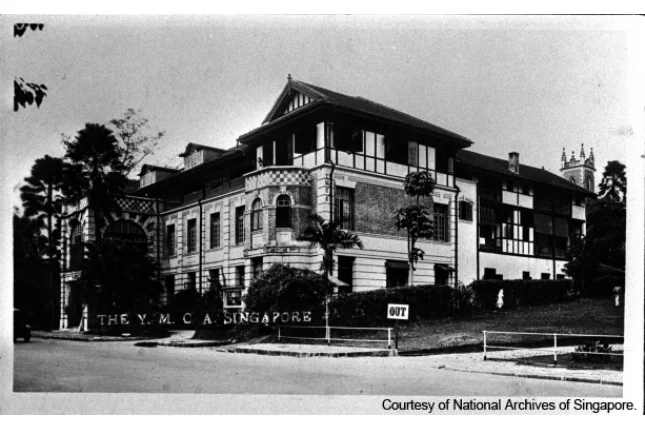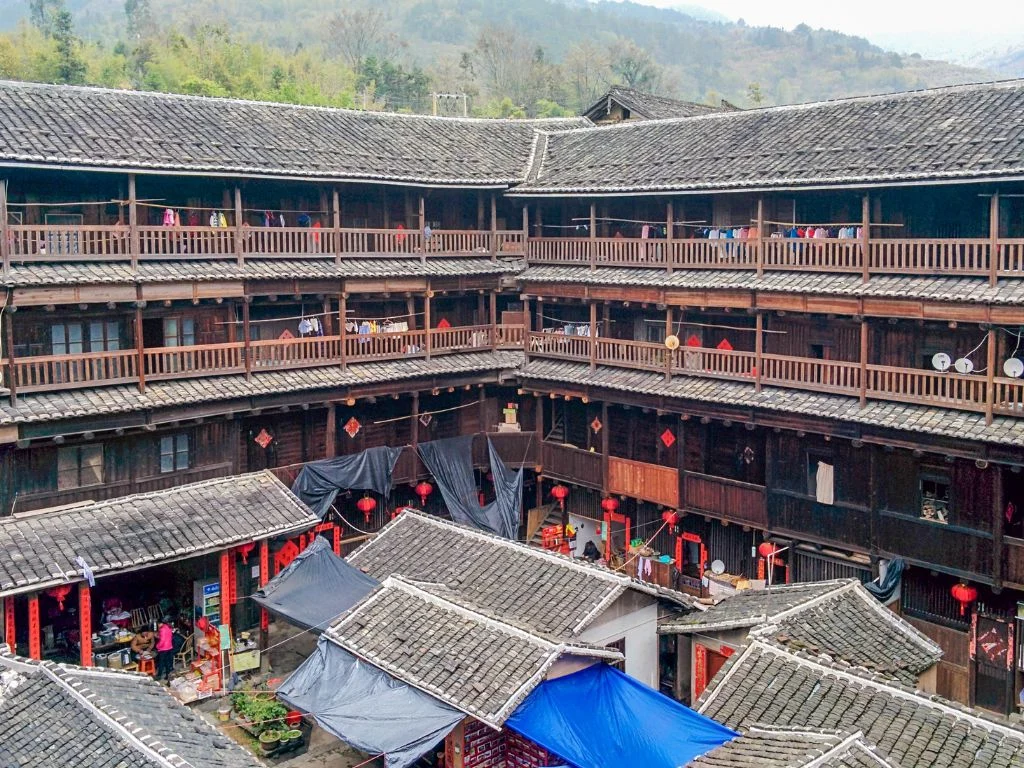In the fading light of family memories, our connection to ancestral roots grows increasingly fragile with each passing generation. For Singaporeans of Chinese descent, the thread linking us to our historical homeland becomes ever more delicate, threatening to unravel completely if we do not act now. The stories of our grandparents and great-grandparents – those brave souls who traversed oceans and continents in search of a new life – are rapidly becoming whispers, their nuanced experiences at risk of being lost forever.
The true anchors of our family history are those pioneering individuals who first made the momentous journey from China to Singapore and Malaysia. These original migrants carried with them not just a few possessions, but entire worlds of cultural memory, family traditions, and unspoken histories. Each of these early settlers represents a critical bridge between our present and our past, holding the key to understanding our familial origins, dialect groups, and the regions in China where our ancestors emerged.
Time is our most formidable opponent in this quest for heritage preservation. As generations pass, language barriers grow, oral histories fade, and documents become increasingly scarce or fragmented. The elders who once held these memories are departing, taking with them irreplaceable narratives that cannot be reconstructed through official records alone. This is why the urgency of family research is not just a nostalgic pursuit, but a critical act of cultural preservation – a way of ensuring that the sacrifices, dreams, and identities of our forebears are not consigned to anonymous historical footnotes.
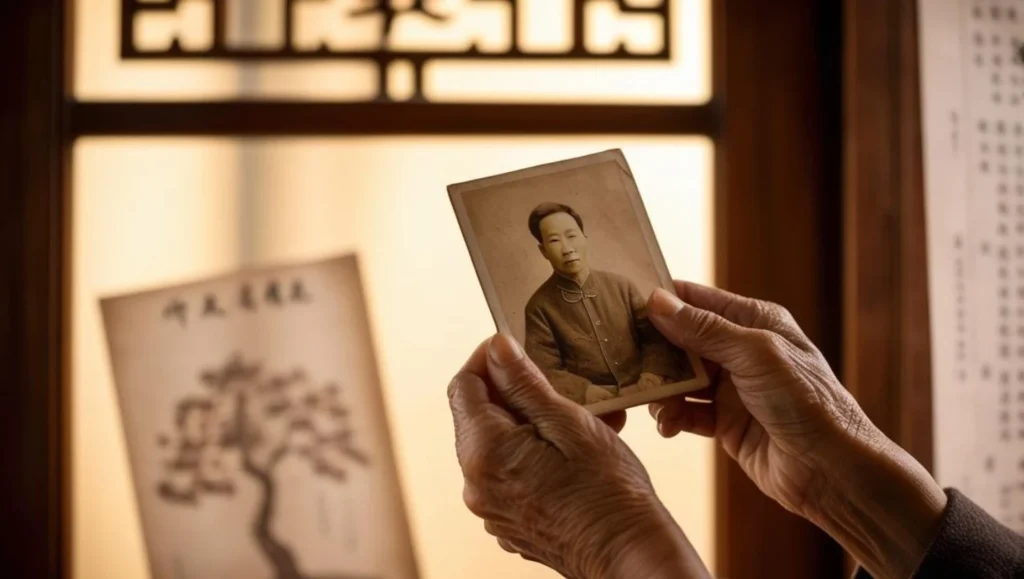
The Disappearing Landscape of Family Connections
This year’s Chinese New Year gatherings struck me with a profound sense of loss and urgency. The familiar faces of elderly relatives have been steadily dwindling, their absence creating silent gaps in our once-vibrant family gatherings. Where once our reunions bustled with multiple generations, now I find myself increasingly dependent on my parents to maintain and explain our complex family connections. The generational bridge is rapidly narrowing, and with each passing year, our family’s collective memory becomes more fragmented.
The erosion of family connections is painfully evident. Many of my contemporaries no longer participate in extended family gatherings because their own elderly parents have passed away. Without those central connectors – those who remembered the intricate web of relationships and could introduce and explain familial ties – younger generations are becoming disconnected, drifting apart like loose threads from a once-tightly woven familial fabric. This gradual disintegration of family networks feels like watching a precious inheritance slowly slip away.
My great-grandfather’s legacy is particularly complex – he had twenty-two sons, creating a genealogical landscape that is challenging to navigate and document. With such an expansive family tree, keeping track of who is related to whom becomes an intricate puzzle. My motivation for this family research transcends mere documentation; it is a deliberate attempt to weave these scattered branches back together, to create a living, breathing narrative that can reconnect generations and preserve our shared history. By meticulously tracing and recording our family’s journey, I hope to provide a roadmap of connection for future generations, ensuring that our stories are not lost to time.
Bridging Generations: A Personal Mission
My teenage sons roll their eyes and mumble polite acknowledgments when I discuss our family’s historical journey, their smartphones seemingly more compelling than tales of ancestral migrations. Their current indifference is a familiar narrative – a generational disconnect where the weight of heritage feels distant and irrelevant to young minds consumed by contemporary concerns. Yet, I am certain that one day, when the urgency of identity and belonging inevitably emerges, they will turn to these carefully collected documents and stories with a hunger to understand their roots.
Just as I now yearn to know more about my own family’s origins, they too will reach a point where the whispers of their ancestral past will beckon them. These meticulously gathered research notes, photographs, and family trees will be their inheritance – a bridge across time, waiting patiently for the moment they are ready to cross. My documentation is not just an academic exercise, but a gift of understanding I am preparing for their future selves, a silent promise that their history will not be forgotten, even if they cannot yet appreciate its significance.
A Call to Preserve Our Shared Heritage
The clock of generational memory is always ticking, and no one understands this more profoundly than those of us who stand at the crossroads of preserving our family’s narrative. Your family’s story is not just a collection of names and dates, but a living, breathing testament to resilience, migration, and survival. Begin now – interview your eldest relatives, record their stories, collect those fading photographs, and document the connections before they become whispers lost to time. Whether your family history spans generations in Singapore, traces back to a small village in Guangdong or Fujian, or represents a complex tapestry of migrations, each story is a precious fragment of our collective cultural heritage.
The tools for genealogical research are more accessible than ever – digital archives, family history websites – but nothing replaces the human connection of sitting with an elder and listening to their memories. Your research is not just a personal project; it is an act of cultural preservation, a bridge connecting past, present, and future generations. Do not wait until it is too late, until those irreplaceable storytellers have departed, leaving behind only silence and unanswered questions.
